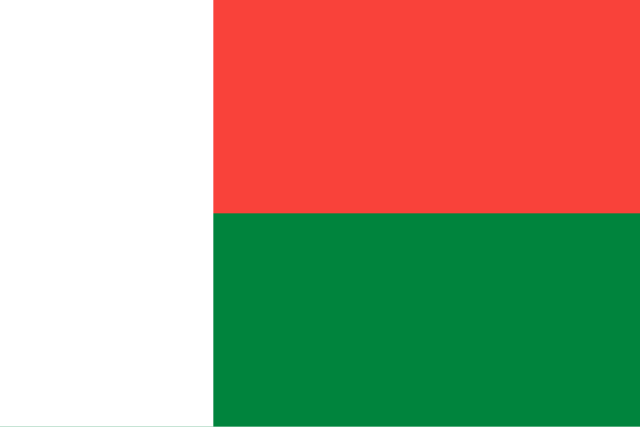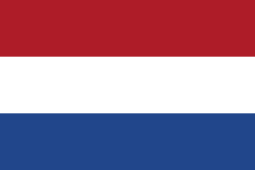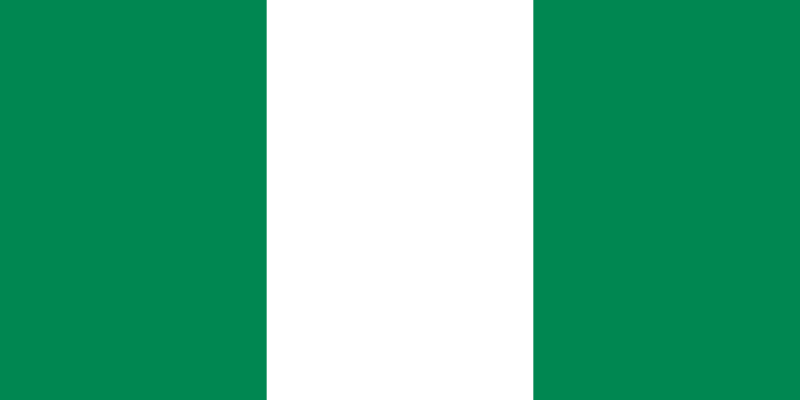 This island nation is famous for its biodiversity and unique species like lemurs.
This island nation is famous for its biodiversity and unique species like lemurs.
Madagascar
This Christian doctrine describes the unity of the Father, Son, and Holy Spirit as three persons in one Godhead.
Trinity
The half of the empire that fell in the year 476CE.
West
This medieval European system structured society through landholding in exchange for military service and labor.
Feudalism
This founder of Islam is regarded as the last prophet, whose revelations were compiled into the Koran.
Muhammed
 Famous for its canals, tulips, and windmills, this nation also saw the birth of Rembrandt
Famous for its canals, tulips, and windmills, this nation also saw the birth of Rembrandt
Netherlands
The Four Noble Truths and the Eightfold Path are central to this religion founded by Siddhartha Gautama.
Buddhism
A society characterized by active participation in public and political life.
Civic Society
The invention of the ____ plow enabled northern European farmers to use clay-heavy soil.
Heavy
The title for the leader of the Islamic community, serving as both a political and religious successor to the Prophet Muhammad.
Caliph
 This nation is the second largest by land area and has two official languages.
This nation is the second largest by land area and has two official languages.
Canada
This system emphasizes filial piety and proper conduct based on the teachings of Kong Fuzi.
Confucianism
This class in ancient Rome included artisans, merchants, and small landowners, comprising the majority of the population. Below the Patricians.
Plebians
This Christian theologian's writings on original sin and grace shaped Western Christianity; he authored The City of God and helped formulate the trinity.
Augustine
The modern day capital of Iraq that was founded by the Abbasids.
Baghdad
 Africa's most populous country, this nation is rich in oil and home to Nollywood.
Africa's most populous country, this nation is rich in oil and home to Nollywood.
Nigeria
This central text of Judaic tradition forms the basis of the Old Testament in Christianity.
Torah
This Roman emperor legalized Christianity with the Edict of Milan and convened the First Council of Nicaea.
Constantine
This Germanic group established one of the largest kingdoms in Europe after the fall of the Western Roman Empire. Originally led by Clovis.
The Franks
The central tenets of Islam, these obligations include faith, prayer, charity, fasting, and pilgrimage.
The five pillars
 This country's Habsburg dynasty ruled over much of Europe for centuries.
This country's Habsburg dynasty ruled over much of Europe for centuries.
Austria
In Indian religions, this term refers to the moral and cosmic order guiding individual duty.
Dharma
This Roman historian wrote The Annals and The Germans, offering a critical view of Roman governance.
Tacitus
Often called the Father of Europe, this Carolingian Emperor founded the Holy Roman Empire and converted the Saxons of Germany.
Charlamagne
Sunni and Shia